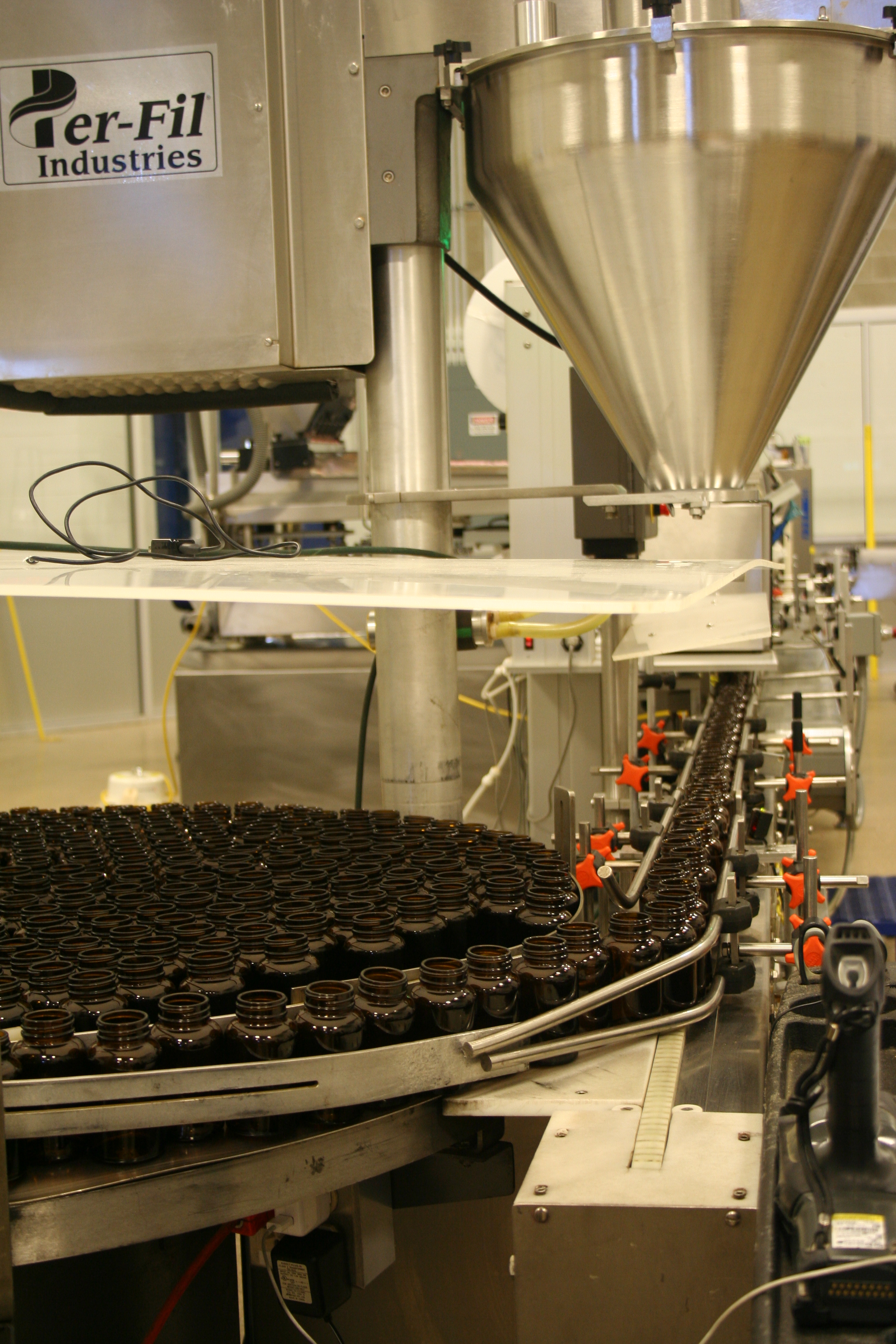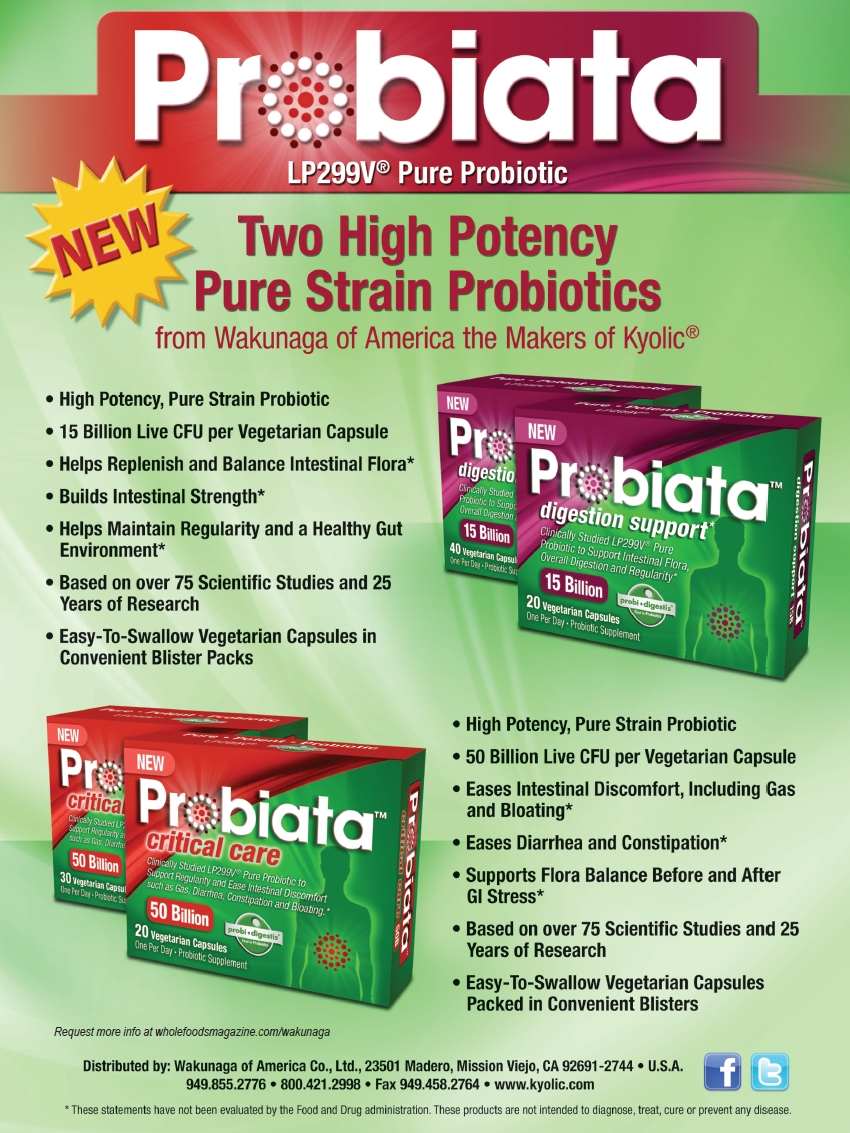The June sun has delivered scorching heat to this industry. Two early summer trips here at WholeFoods showed me, however, that there may be some important ways to beat the heat and let the industry shine through—if we take advantage.
The Mighty AGs
In mid-June, I attended the American Conference Institute’s third annual “Legal, Regulatory and  Compliance Forum on Dietary Supplements” in New York City. One of the most interesting discussions I heard was about New York Attorney General (AG) Eric Schneiderman. You already know about his campaign to thwart the sale of herbal supplements based on faulty DNA testing. But, have you realized how deep the impact of this probe has been?
Compliance Forum on Dietary Supplements” in New York City. One of the most interesting discussions I heard was about New York Attorney General (AG) Eric Schneiderman. You already know about his campaign to thwart the sale of herbal supplements based on faulty DNA testing. But, have you realized how deep the impact of this probe has been?
Steve Mister, president and CEO of the Council of Responsible Nutrition, said Schneiderman’s investigation “has tenderized this industry in a way that many other events have not. It’s being talked about among lots of different groups like the consumers, suppliers and others” (see page 8 for more).
His colleague Rend Al-Mondhiry, Esq., CRN’s regulatory counsel, followed with an incredible timeline and analysis of Schneiderman’s investigation and the fallout. It’s a far-reaching spider web of events involving multiple states, media outlets and powerful voices from the Hill.
A very important take-home message from Al-Mondhiry is that this industry needs to be vigilant and informed about the actions of state AGs. Companies may already reach out to their local representatives and senators to inform them about their businesses and the value of supplements. But, we also need to pay attention to state AGs. Clearly, they are a powerful bunch—possibly more so than many realize—and industry needs to start forging relationships with them.

|
| MegaFood bottling line. |
Mega-Quality
A week later, I found myself in New Hampshire, nervously wondering whether my shoes would pass muster for my 12:00 appointment. I wasn’t worried about the fashion police, but the operations team at FoodState. The supplements maker had invited WholeFoods Magazine to get an inside view of its facility, where the team turns organic and sustainable produce into whole food powders and MegaFood supplements.
Having been to manufacturing plants in the past, I wasn’t surprised by the closed-toe shoes, lab coat and awesome hair net combo requirement. But, FoodState’s dress code for visitors reached a whole new level in my mind. Don’t expect to tour the plant with so much as a necklace or a watch or anything else that might possibly risk any level of contamination.
It was my first indication of the firm’s definition of “quality control,” and it stretched down to minute details. My suspicions were confirmed as I  learned about their 24-hour facility live cameras (see for yourself at MegaFood.com/livecams) and their materials testing protocol. This involves testing at every step of the process—and replicates at the final stages all over again! While Bill Smith, director of operations, told me that this type of testing was done to ensure there are few rejects at end manufacturing stages, the company has no problem turning away out-of-spec products or materials.
learned about their 24-hour facility live cameras (see for yourself at MegaFood.com/livecams) and their materials testing protocol. This involves testing at every step of the process—and replicates at the final stages all over again! While Bill Smith, director of operations, told me that this type of testing was done to ensure there are few rejects at end manufacturing stages, the company has no problem turning away out-of-spec products or materials.
Smith spoke about a time when one key ingredient kept arriving from its vendor only to fail analytical testing time and time again, to the point that certain formulations couldn’t be made for a brief time. Even when this raw material was close to spec, but not quite on target, it was still sent back to the supplier. One frustrated vendor called Smith to ask what more he could do. What did he want? “I’ll take perfection,” he simply replied. Conversation over.
This speaks volumes.
As I rounded out the tour, I couldn’t help but think, wouldn’t it be amazing if Schneiderman and his posse of “concerned” fellow AGs took the time to visit FoodState or the other amazing supplement facilities out there? Those on a fact-finding mission about what’s really in the supplements bottles would be far better served going straight to the source and educating themselves about how responsible companies operate before making blanket statements about this  industry. And if the AGs won’t come to us, it’s time to go to them. There’s too much good happening in this industry to tarnish the reputations of those that work so hard to bring quality health products to the shelf. WF
industry. And if the AGs won’t come to us, it’s time to go to them. There’s too much good happening in this industry to tarnish the reputations of those that work so hard to bring quality health products to the shelf. WF
Kaylynn Chiarello-Ebner
Editor/Associate Publisher
Published in WholeFoods Magazine, August 2015










